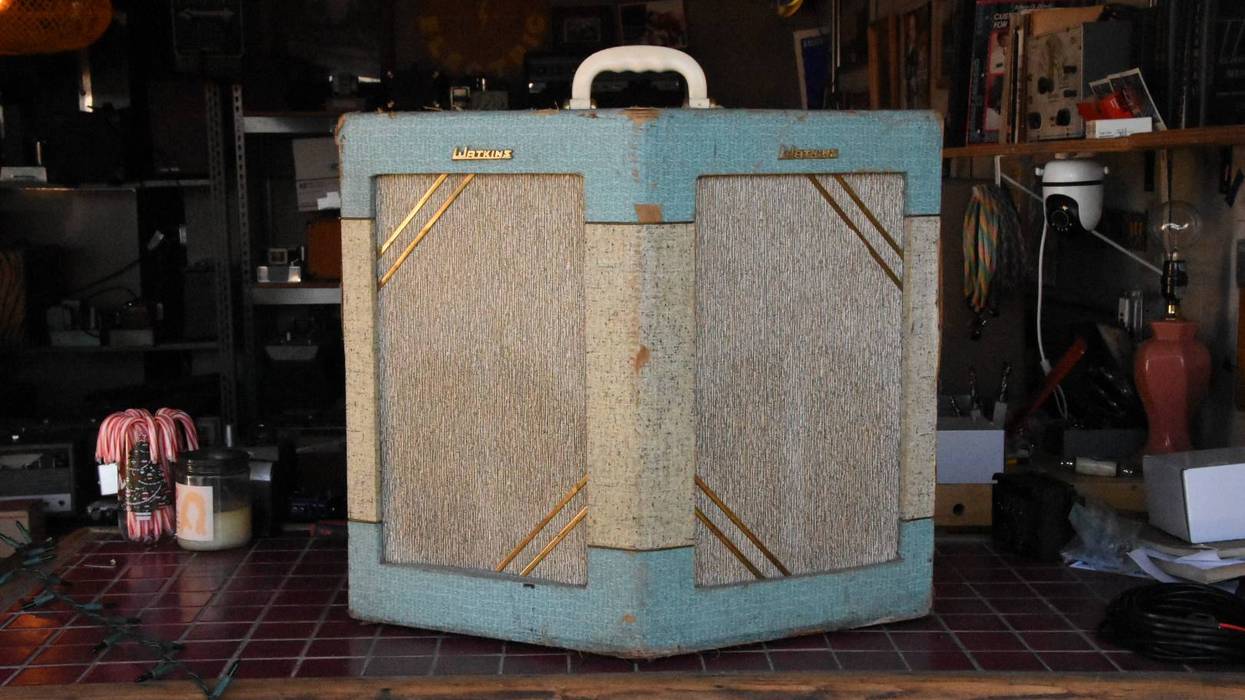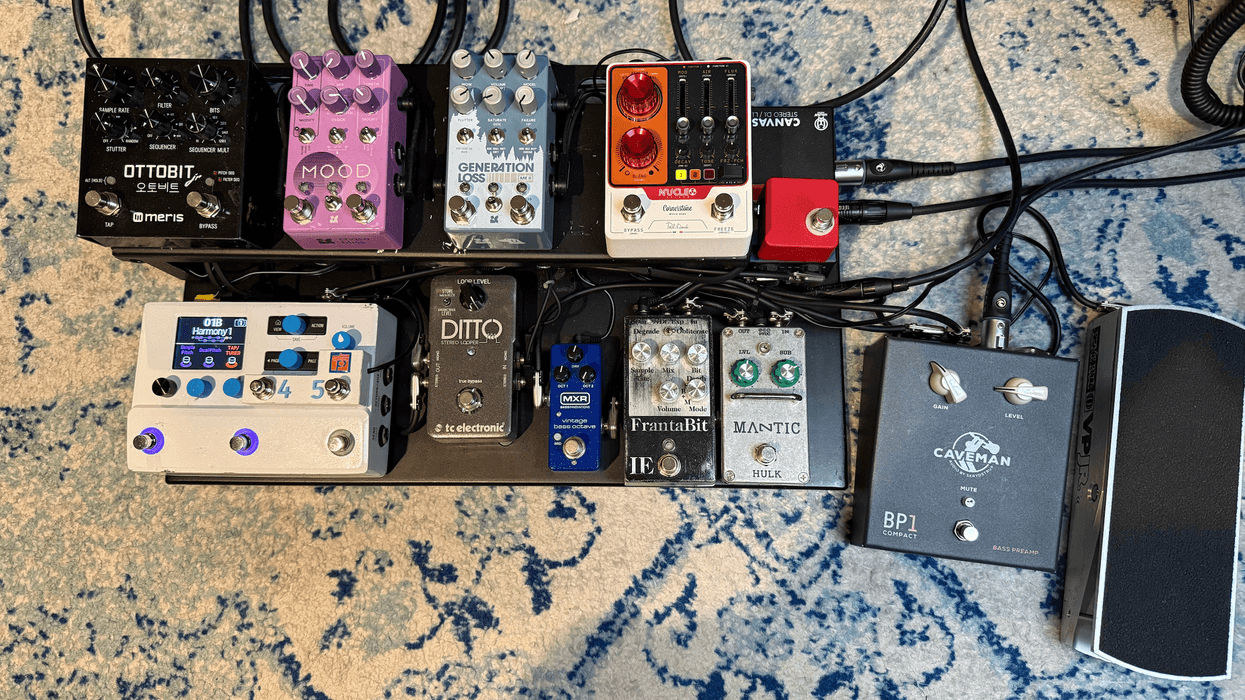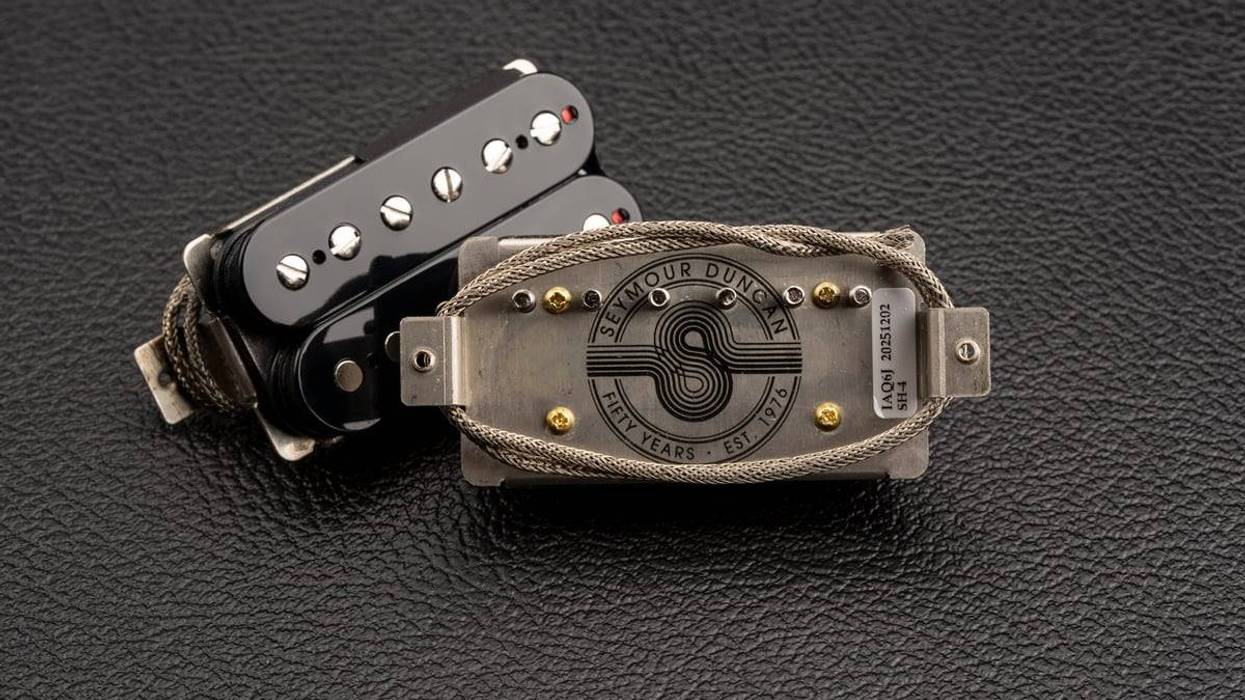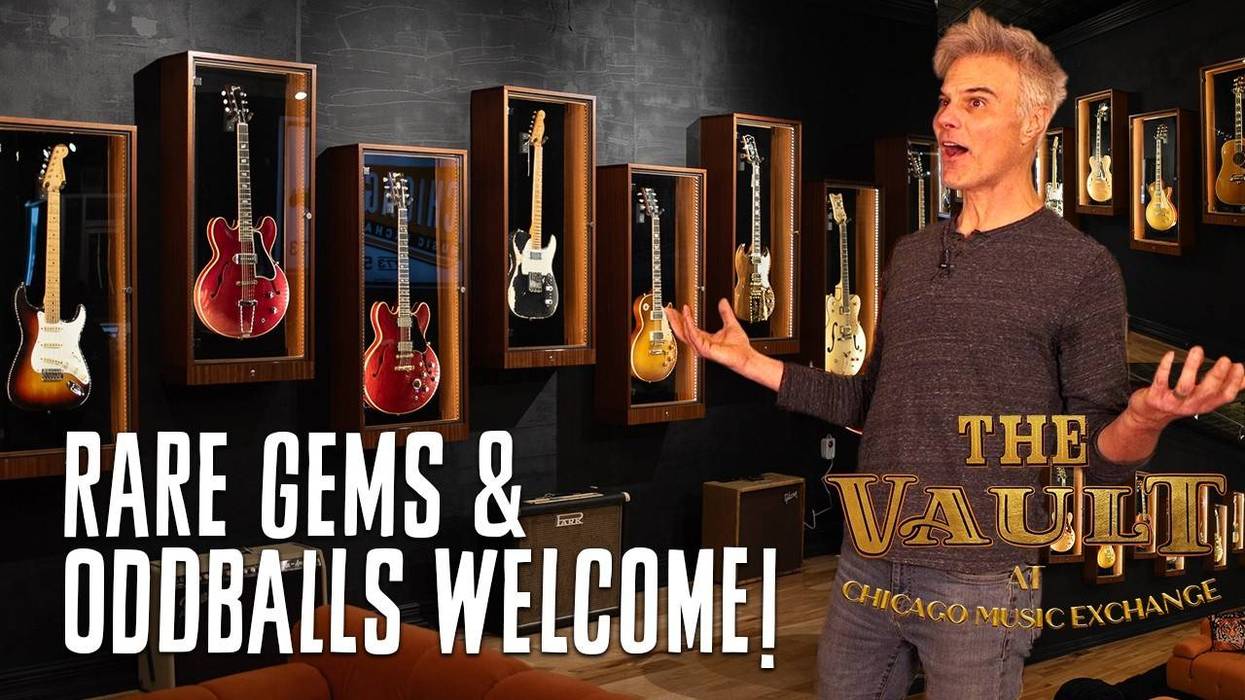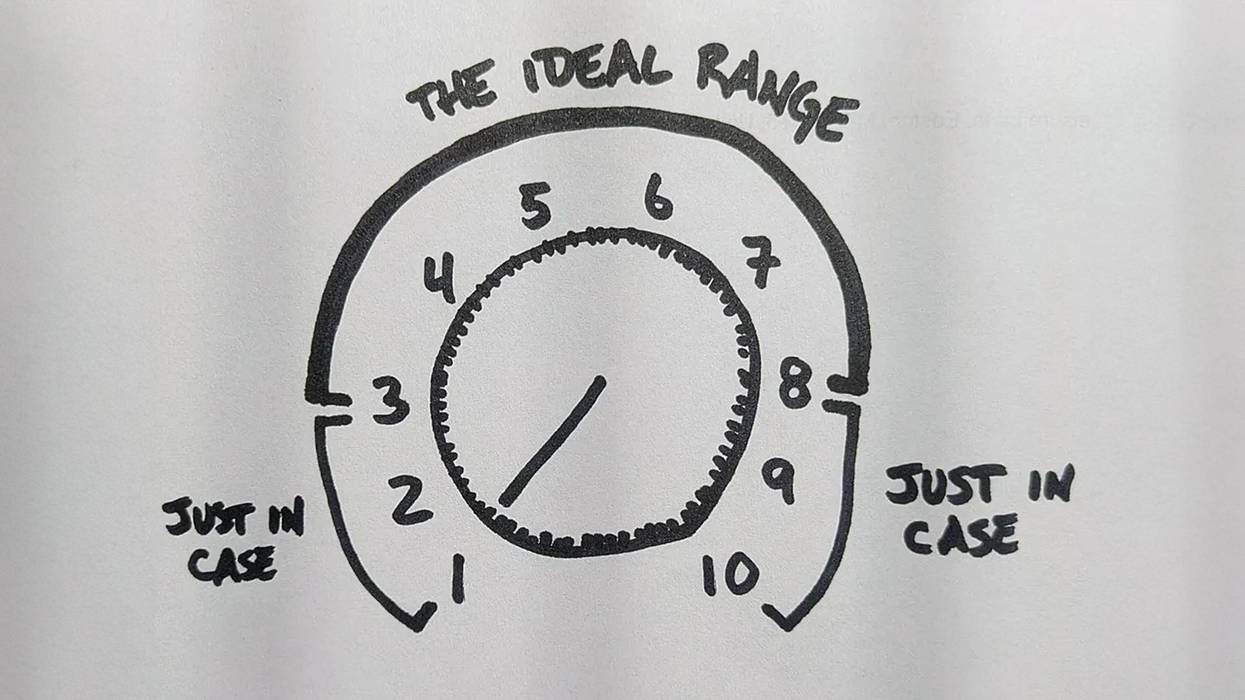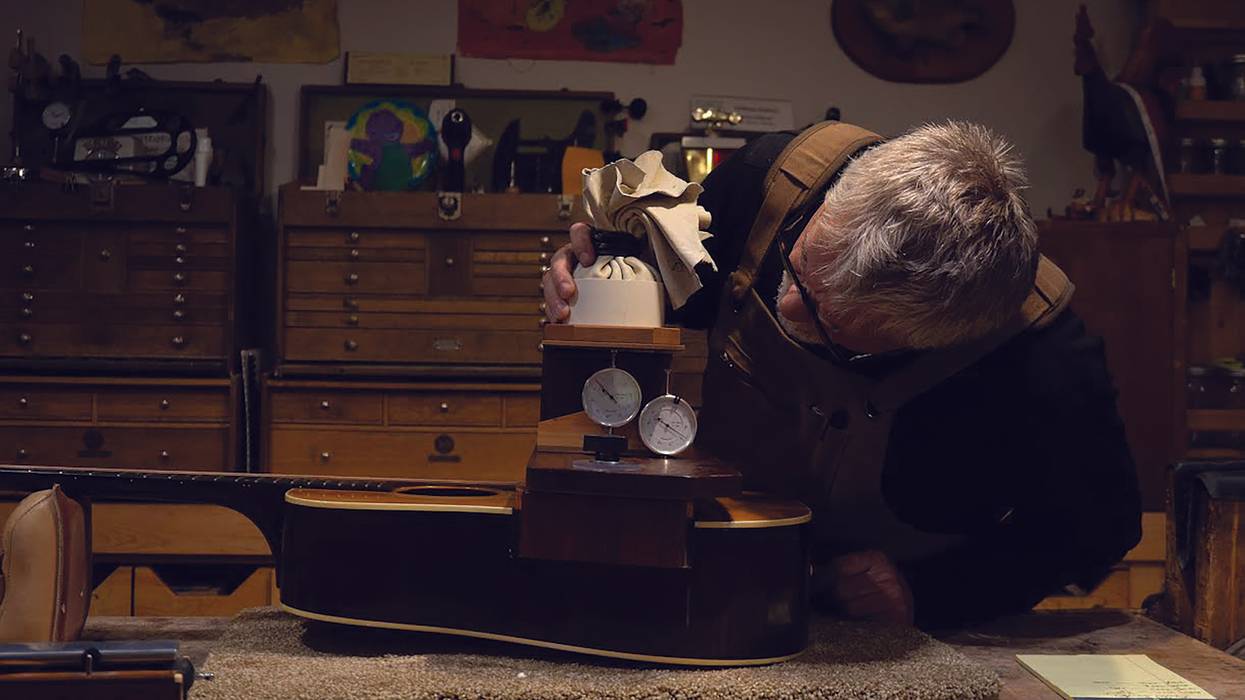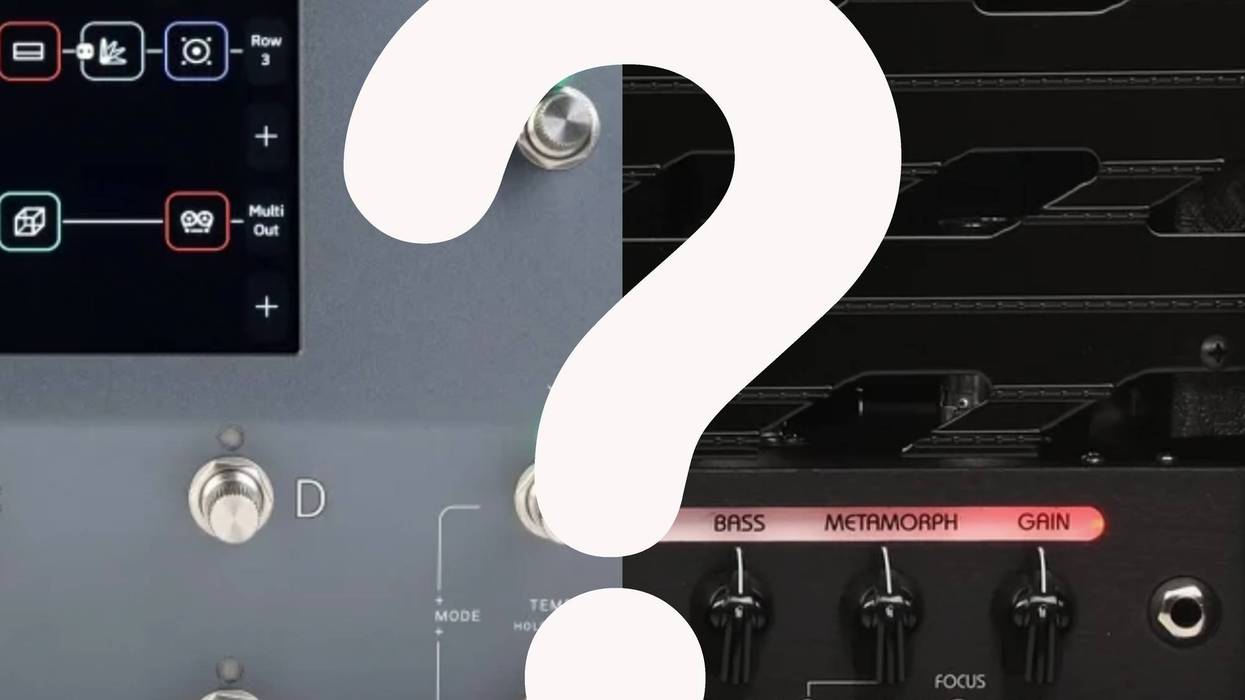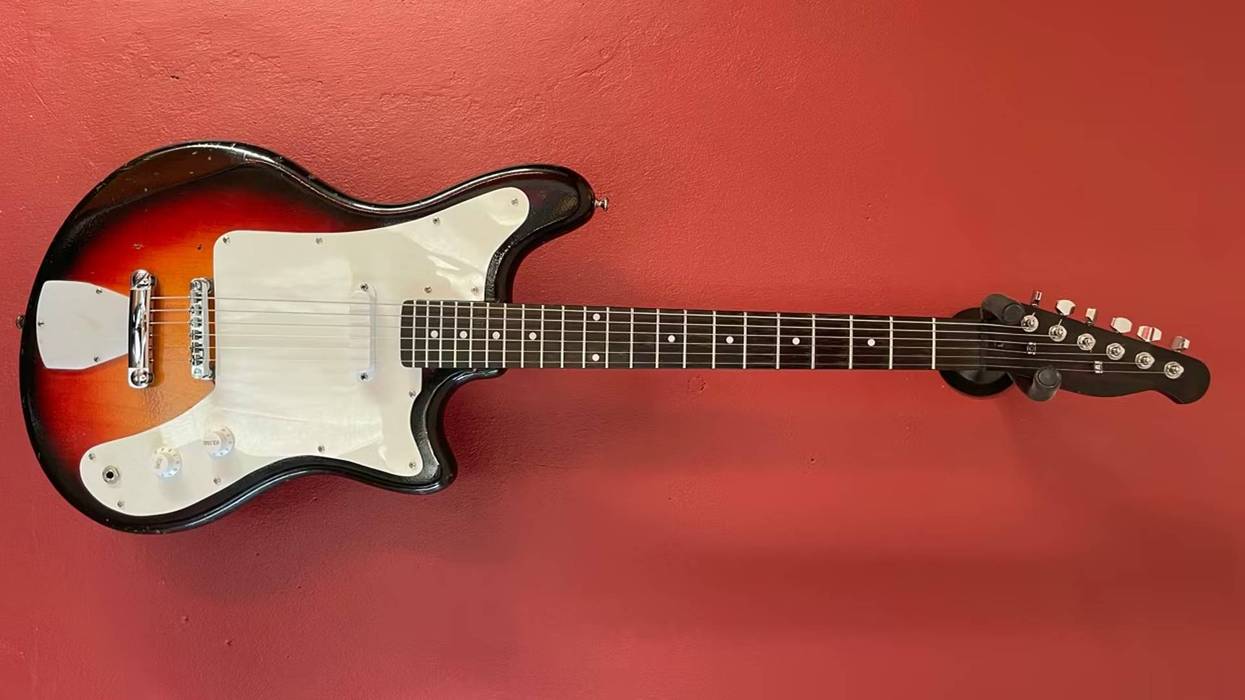I’m a cheap bastard. Frugal to a fault, I’m always trying to rub two nickels together to make a quarter. But if you ask anyone who has ever worked in my shop, they’ll tell you I always buy the very best tools and equipment. How can these disparate ideas exist within the same framework? The simple answer is that great tools save money over the long haul. It doesn’t matter if you are a butcher or a bassist, a carpenter or a composer—it’s all the same game. Buying and experimenting with tools is also a lot like buying effects pedals, and it’s just as addictive.
Learn what good is. The first order of business is to learn who makes the good stuff, which can only be understood by using a lot of tools. Starting in my teens, I had lots of jobs in factories that put me in touch with equipment, good and bad. Each of these jobs required using hand tools and machinery. The higher-tech industrial jobs usually employed commercial-grade tools that would never be found in a hardware store. It was eye-opening.
Ask a pro. As dreary as some of these gigs were, the education they provided was precious. Tip: Stick your nose into everything and ask questions. Most people who have developed pro skills truly enjoy sharing knowledge with others who show interest in doing things well. Think of it as building a personal reference library for your future. Having an encyclopedic knowledge of specialized tools and products gives you a leg up on anything that comes your way. I’m faced with situations in my shop every day that draw upon things I’ve learned from others. Sure, YouTube videos can be helpful, but nothing beats working with real professionals in the field.
Start collecting tools. A great set of tools makes your life easier. Start with the obvious: screwdrivers, wrenches, pliers, drills, and saws. Learn the difference between all the varieties and start building a warehouse of sizes and capabilities. Just because a screwdriver goes into a screw doesn’t mean it’s the one to use. Having and using the right size means you won’t damage the parts, or your tools.
Unfortunately, great tools usually cost a lot more. “Pay now or cry later” is the old saying that tells us we should bite the bullet and pay for the real stuff. A good tool can last a lifetime, but most of the cheap hardware-store tools won’t last five seasons of real work. I bought some top-grade wrenches in the 1970s that I still use every day.
Just do the math: Not only were they cheaper in the long run, they worked better out of the gate. One of my favorite places to shop for tools online is Harry J. Epstein Co., where they covet well-made stuff. You can find a lot of the basic implements, and there’s a closeout section that can save you money. If you carefully curate your collection, it won’t be long before you can tackle any job easily.
New isn’t always better. Because good tools last, it means that secondhand can be better than buying new. Right now there is a glut of used, industrial equipment out there just waiting to be had for a song. If you have collected the tools and the know-how, rebuilding these old warhorses can be a fairly straightforward and satisfying exercise. I’d prefer a solidly built cast-iron band saw over a brand new welded-tube job from a catalog any day. It will perform better and last longer, not to mention it’ll look cooler too. The same goes for hand tools.
Buying multiples. My day starts with a cup of coffee and the tools section of Craigslist. You’d think by now I’d have enough tools to stop looking, but there’s a reason for more. Nothing beats always having the right tool, right where you use it. It may not seem like a big deal to walk a few feet and dig through a drawer for the right Allen wrench, but the time adds up and can interrupt your concentration. Keep the right tools close. You’ll smile every time you reach for them.
Power cords. If you are going to buy power equipment, make sure you factor in the electrical load. If you buy a piece of gear that exceeds the available current in your shop, you’ll regret it. On the flip side, a lot of older machines get passed up because they require 3-phase power. Get familiar with variable frequency drives (VFD) so you can easily and affordably power older machinery with your single-phase, 220V shop power. The bonus is that you can control speed and ramp-up, as well as electronic braking.
Looking backwards at the path I’ve traveled reveals that almost every random thing I’ve learned has paid off eventually. Even the crappiest factory job taught me something useful. And when I buy a great tool, I don’t cry at all. Hopefully now you won’t either.




